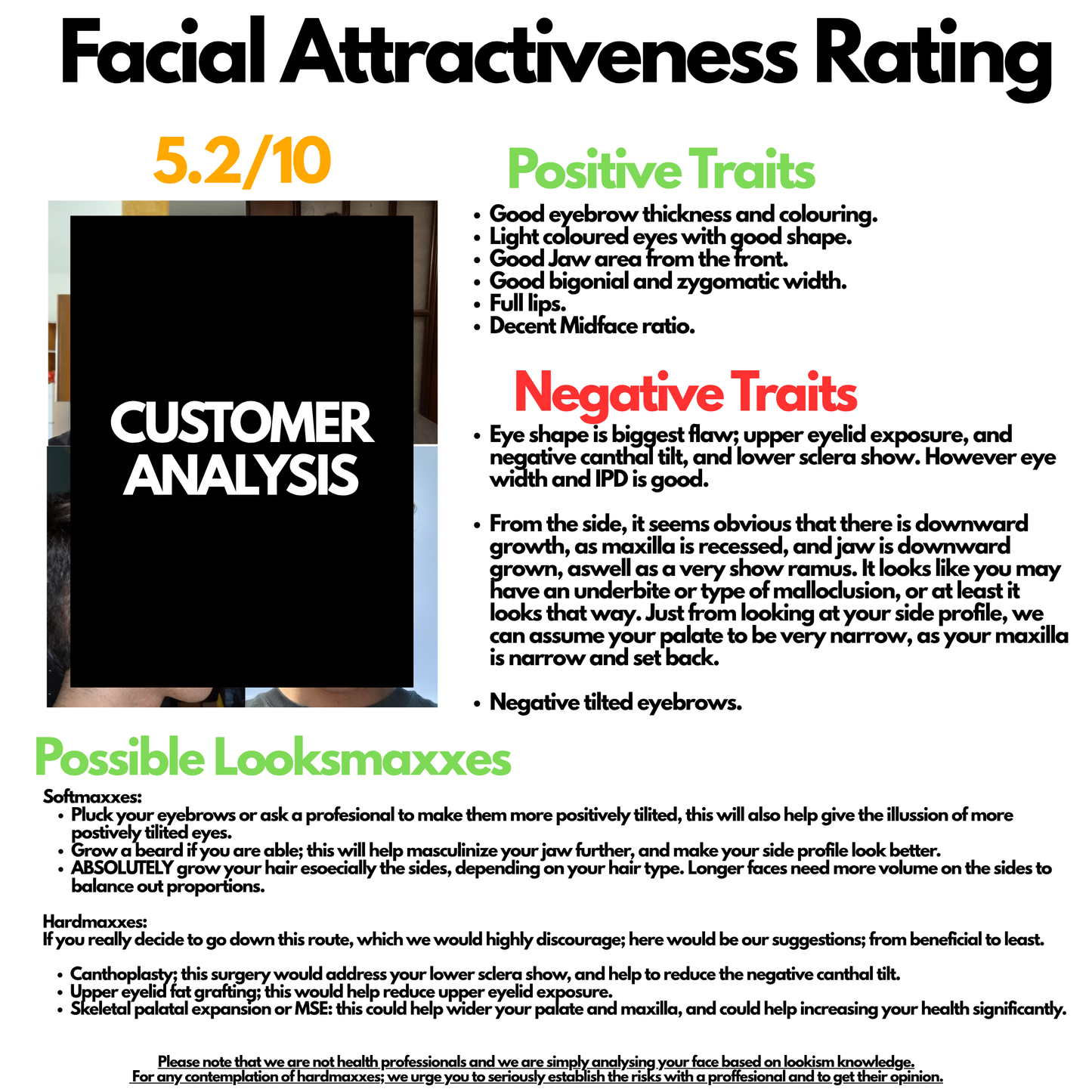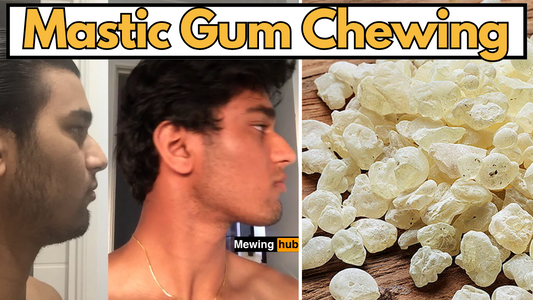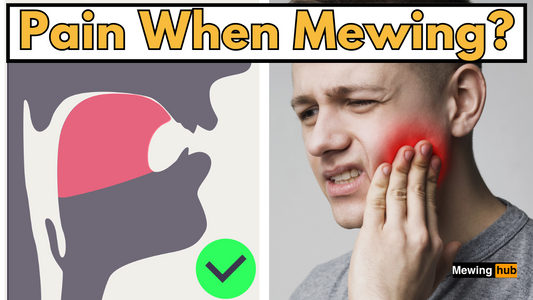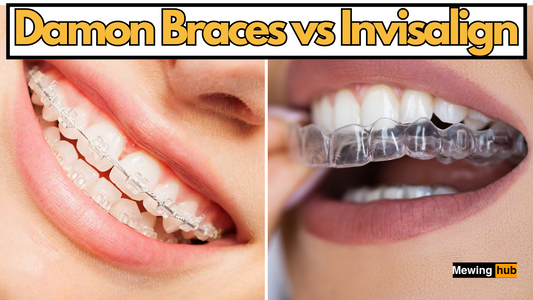Why Am I Waking Up With a Sore Jaw? A Comprehensive Guide

Partager
Waking up with a sore jaw can be a frustrating and uncomfortable experience. If you find yourself frequently asking, "why am I waking up with a sore jaw?" you're not alone.
Jaw pain upon waking is a common issue that can stem from various underlying causes.
This article explores the potential reasons why you might experience this morning discomfort and provides actionable steps to address it.
Understanding the Causes of Morning Jaw Soreness

Several factors can contribute to jaw pain after waking up. These include:
Teeth Grinding (Bruxism):
-
Description: Grinding or clenching your teeth during sleep can put significant pressure on your jaw muscles and temporomandibular joint (TMJ).
-
Symptoms: Sore jaw muscles, headaches, earaches, and worn-down teeth.
Temporomandibular Joint (TMJ) Disorders:

-
Description: TMJ disorders affect the joint connecting your jawbone to your skull, leading to pain and dysfunction.
-
Symptoms: Jaw pain, clicking or popping sounds, difficulty opening or closing your mouth, and facial pain.
Masseter Muscle Tension:
-
Description: Stress and anxiety can cause you to tense your jaw muscles unconsciously during sleep.
-
Symptoms: Sore, tight jaw muscles upon waking, often accompanied by tension headaches.
Poor Sleep Posture:
-
Description: Sleeping in a position that strains your jaw can contribute to morning soreness.
-
Symptoms: Jaw pain that improves after getting out of bed and moving around.
Dental Issues:
-
Description: Toothaches, infections, or misaligned teeth can cause referred pain to the jaw.
-
Symptoms: Localized tooth pain accompanied by jaw soreness.
Why Is My Jaw Sore After Waking Up? Exploring the Connections
Let's delve deeper into why these factors lead to jaw soreness after waking up:
Teeth Grinding and TMJ:
The link between teeth grinding (bruxism) and TMJ is significant. Chronic grinding puts excessive stress on the TMJ, leading to inflammation, muscle fatigue, and pain. Over time, this can damage the joint and surrounding tissues.
Muscle Fatigue:
Tensing your jaw muscles for extended periods during sleep can lead to muscle fatigue and soreness. This is similar to how your legs might feel after a strenuous workout.
Nerve Irritation:
Inflammation in the TMJ can irritate nearby nerves, causing referred pain that extends throughout the face and jaw.
Referred Pain:
Dental issues or infections can cause pain that radiates to the jaw area, making it feel sore and tender.
Solutions for Morning Jaw Soreness

Addressing the underlying causes of your jaw pain can provide relief:
Night Guards:
A custom-fitted night guard can protect your teeth from grinding and reduce stress on the TMJ.
Stress Management:
Techniques like meditation, yoga, or deep breathing exercises can help reduce overall tension and prevent jaw clenching.
Muscle Relaxants:
In some cases, your doctor may prescribe muscle relaxants to alleviate jaw muscle tension.
Physical Therapy:
Physical therapy can help improve jaw mobility, reduce muscle tension, and alleviate pain.
Correcting Dental Issues:
Addressing toothaches, infections, or misaligned teeth can eliminate sources of referred pain to the jaw.
Botox Injections:
In some cases, Botox injections into the jaw muscles can help relax them and reduce pain associated with TMJ disorders.
Improving Sleep Posture:
Use pillows to support your head and neck in a neutral position to reduce strain on your jaw.
Heat or Cold Therapy:
Applying warm compresses or ice packs to your jaw can help alleviate pain and inflammation.
Preventive Measures

To prevent morning jaw soreness, consider these strategies:
-
Regular Dental Check-ups: Ensure any dental issues are promptly addressed.
-
Consistent Sleep Schedule: Maintain a regular sleep routine to minimize stress and tension.
-
Mindfulness Practices: Incorporate daily mindfulness or meditation to reduce anxiety and muscle tension.
-
Avoid Excessive Gum Chewing: Limit chewing gum or chewy foods that can strain your jaw muscles. And even in some cases cause TMJ issues.
-
Maintain Good Posture: Practice proper head and neck alignment during the day.
Conclusion: Finding Relief from Morning Jaw Pain
If you find yourself regularly asking, "why is my jaw sore after waking up," it's essential to identify the underlying cause and seek appropriate treatment. From teeth grinding and TMJ disorders to stress and poor sleep posture, several factors can contribute to morning jaw soreness.
By implementing preventive measures and exploring various treatment options, you can effectively manage your jaw pain and wake up feeling refreshed and pain-free.
Consulting with a dentist or TMJ specialist can provide a personalized approach to addressing your specific needs.








